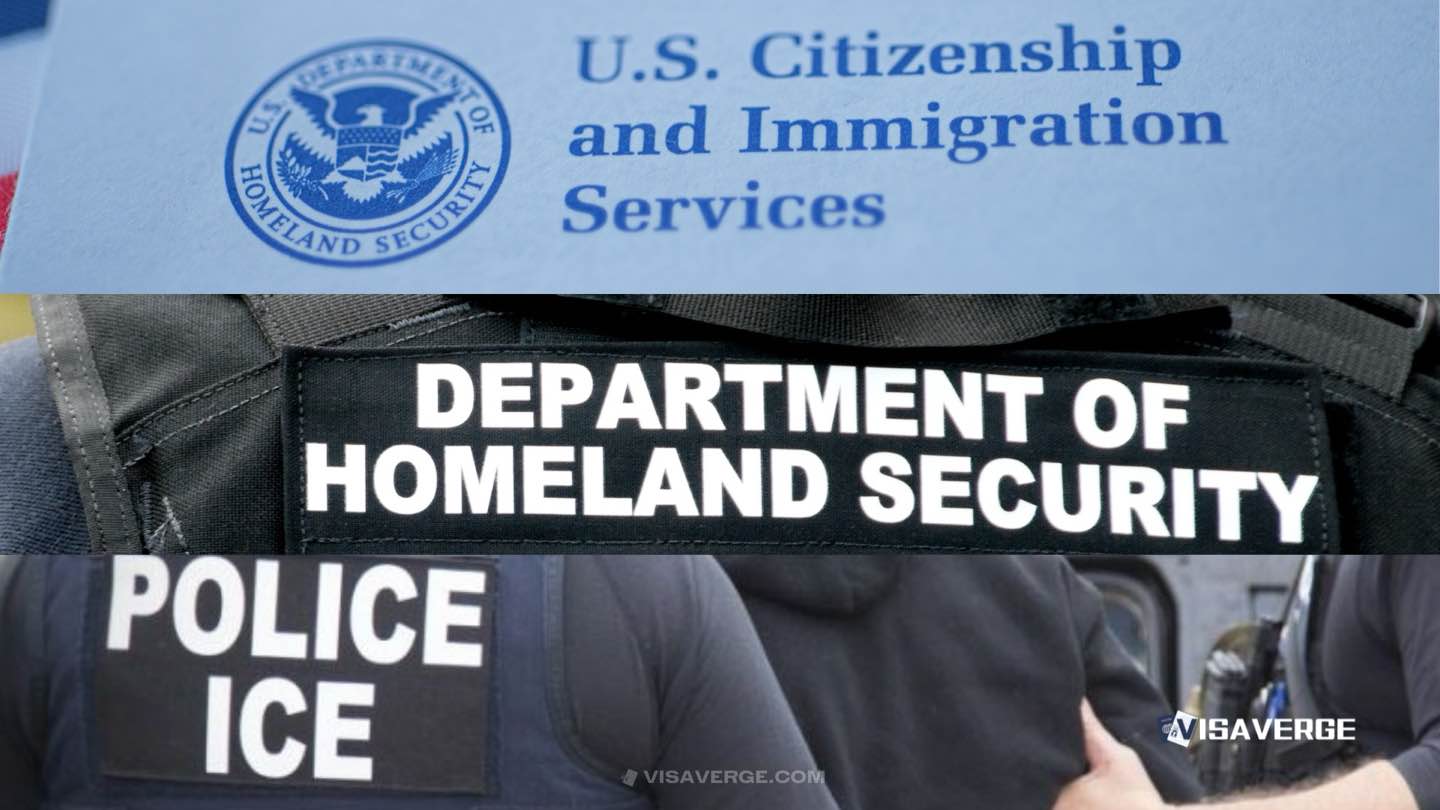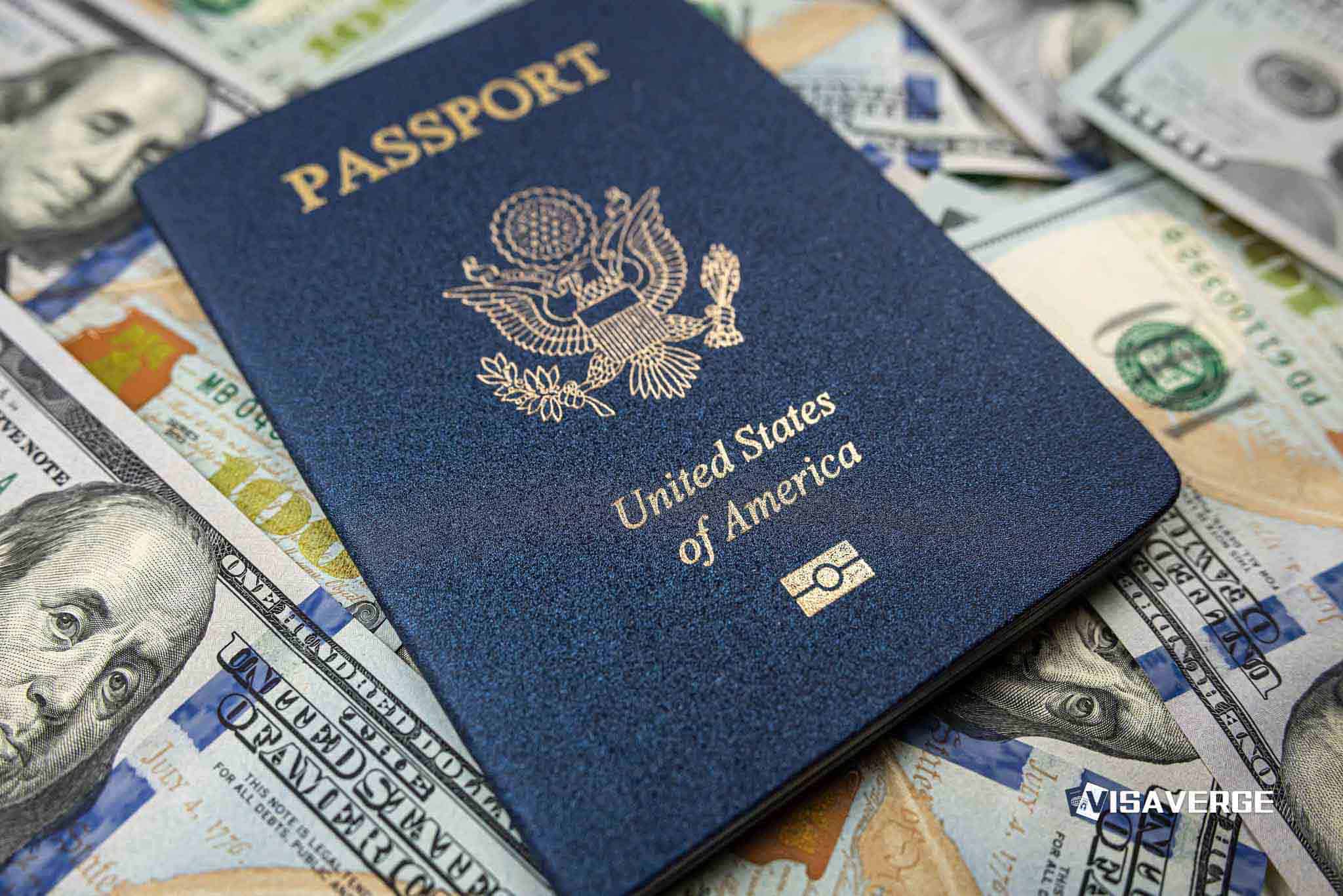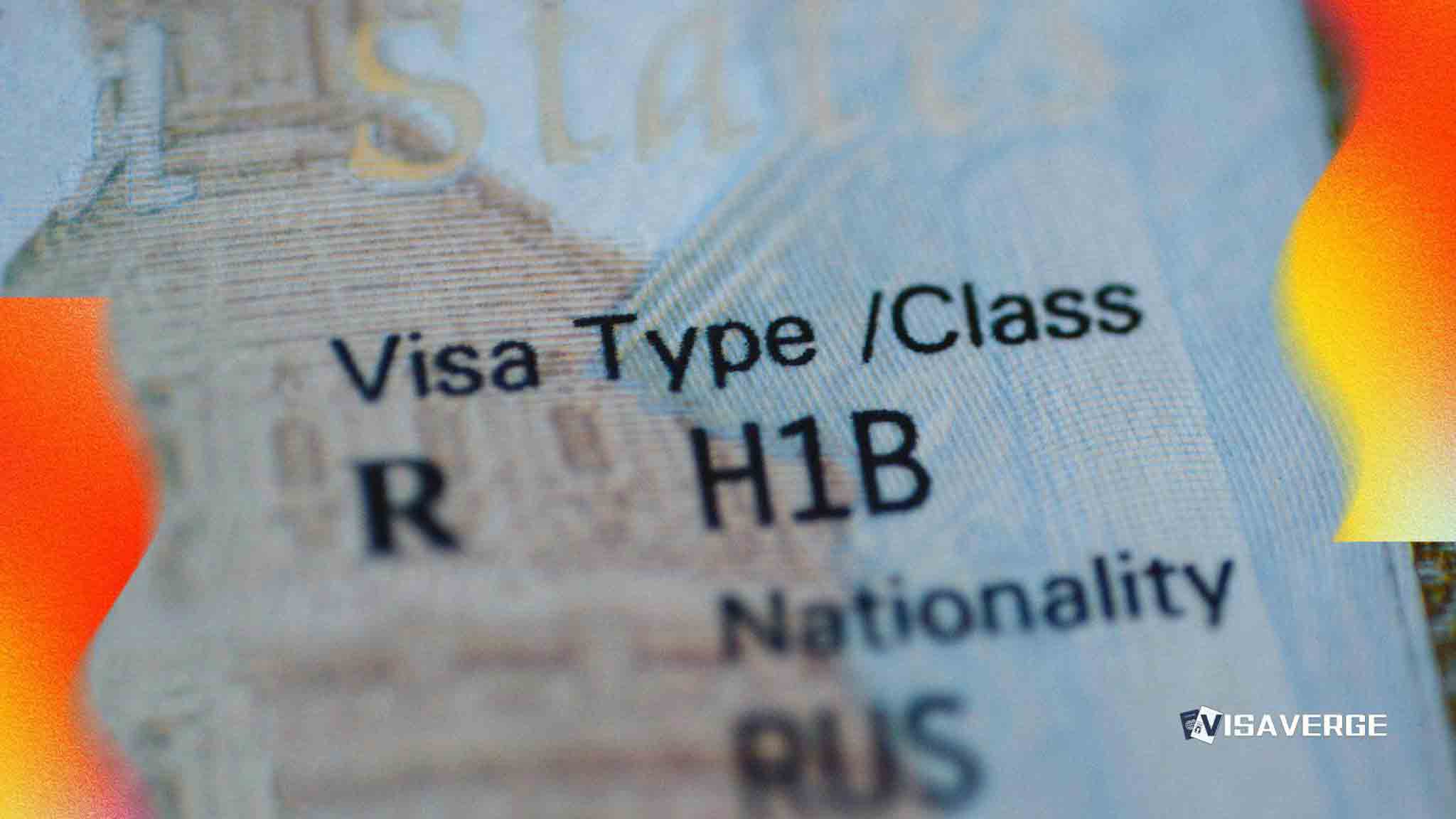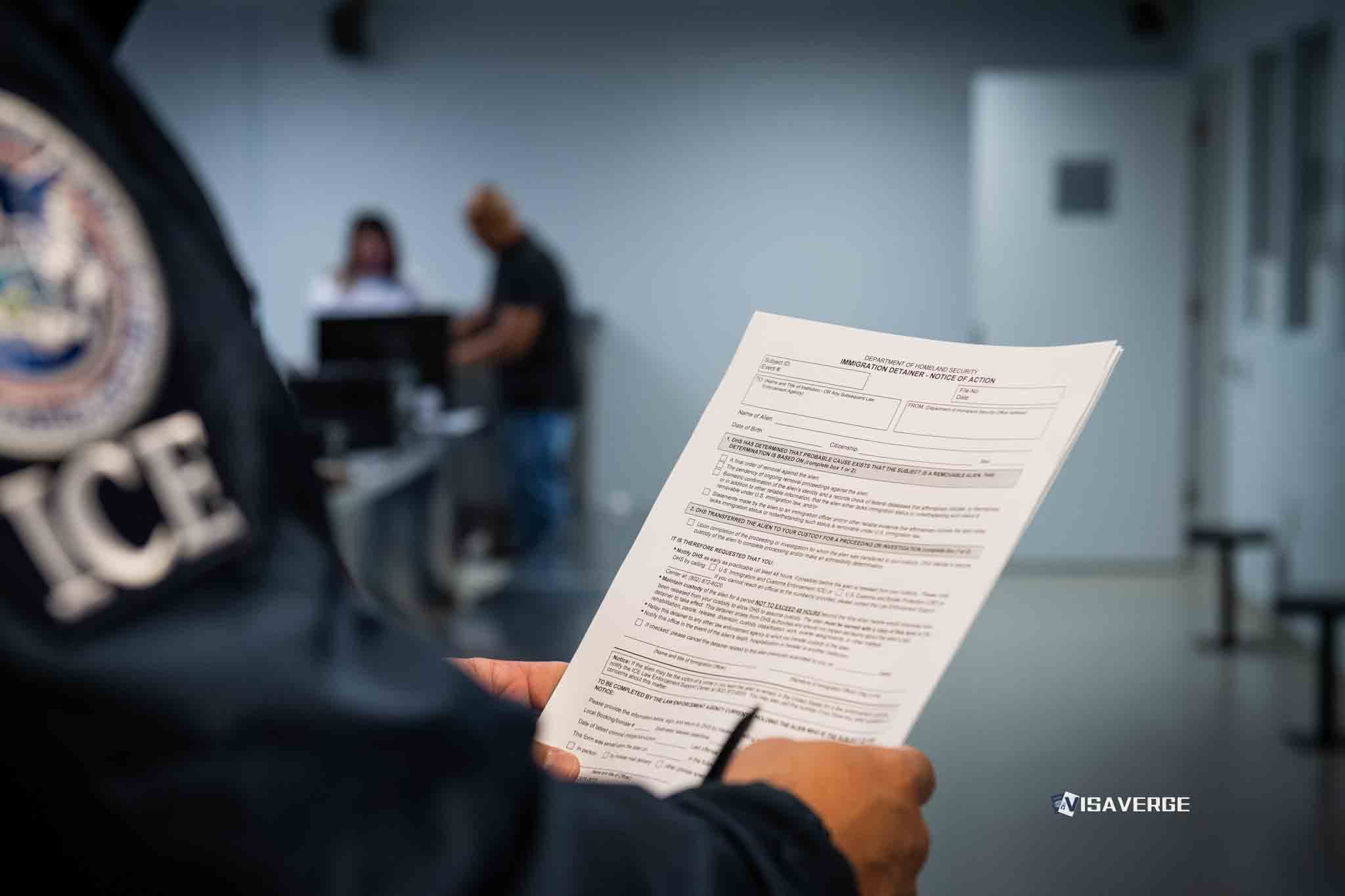United Airlines flight attendants, represented by the Association of Flight Attendants-CWA, have overwhelmingly rejected a tentative contract, with 71% voting against it on July 29, 2025. This strong response, with over 92% turnout, sends union leaders back to the bargaining table to seek better terms for their 28,000 members.
The rejected tentative contract included immediate pay raises of at least 26%, with total increases up to 45.6% over five years. It also offered retroactive pay—averaging $21,000 per flight attendant and up to $50,000 for those with the most years of service. First-year attendants would have seen their base pay rise from $28.88 to $42.06 per hour, while senior attendants could have earned up to $96.58 per hour. The deal also promised improvements in working conditions and scheduling.
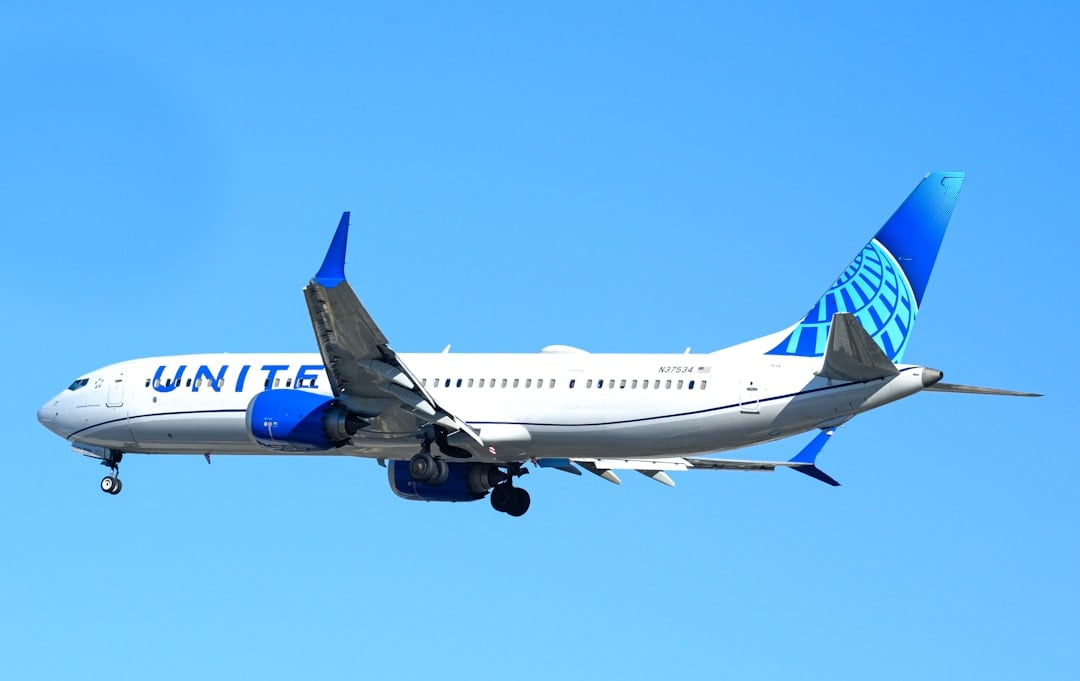
Despite these offers, many flight attendants felt the contract did not go far enough. Members cited years of wage stagnation, rising inflation, and sacrifices made during the pandemic as reasons for their dissatisfaction. Criticisms focused on work rules, such as red-eye flying and duty day limits, the lack of “ground pay” for time spent in airports, and unclear contract language. Some also felt that union leaders did not fully understand or communicate members’ main concerns.
Ken Diaz, President of the United AFA chapter, said, “Our union will survey members as quickly as possible to identify the key issues Flight Attendants are ready to fight to achieve in an agreement they want to ratify. We always said no matter the outcome of the vote, we will fight forward and that is what we will do with the power of 28,000 Flight Attendants and our whole union standing together.”
United Airlines expressed disappointment but stated, “We remain focused on getting our flight attendants the contract they deserve.” The company’s management, including CEO Scott Kirby, has been directly involved in the talks.
Flight attendants have worked under contracts negotiated before the COVID-19 pandemic, with no raises for five years. In August 2024, nearly all voting members authorized a strike if demands were not met, though a legal strike would require approval from the National Mediation Board, the federal agency overseeing airline labor talks.
The next steps include the union surveying its members to pinpoint top priorities, then returning to negotiations—likely with the National Mediation Board’s involvement. If a new tentative contract is reached, it will again go to a membership vote. If talks stall, further union actions, such as informational picketing or requests for a strike release, could follow, although federal law makes an actual strike unlikely in the near future.
This outcome affects not only flight attendants but also United Airlines operations and passengers. While there is no immediate impact on flight schedules, ongoing labor unrest could eventually lead to service disruptions. The result also sets a precedent for labor relations at other airlines.
For official updates, visit the AFA United Master Executive Council. As reported by VisaVerge.com, the situation remains fluid, with both sides signaling a willingness to continue talks, but with significant issues still unresolved.
Learn Today
Tentative contract → A preliminary labor agreement subject to member approval and further negotiation before becoming final.
Retroactive pay → Compensation paid to employees for work performed before the contract’s approval date.
Red-eye flying → Airline flights that operate overnight, often considered strenuous work conditions.
National Mediation Board → Federal agency overseeing labor negotiations and disputes in the airline and railroad industries.
Duty day limits → Regulations defining maximum hours flight attendants can work during a single duty period.
This Article in a Nutshell
United Airlines flight attendants overwhelmingly rejected a tentative contract offering significant raises and retroactive pay, citing unmet work rule improvements. With 71% voting against and 92% turnout, union leaders will survey members to negotiate a stronger deal reflecting their priorities amid wage stagnation and pandemic challenges.
— By VisaVerge.com





